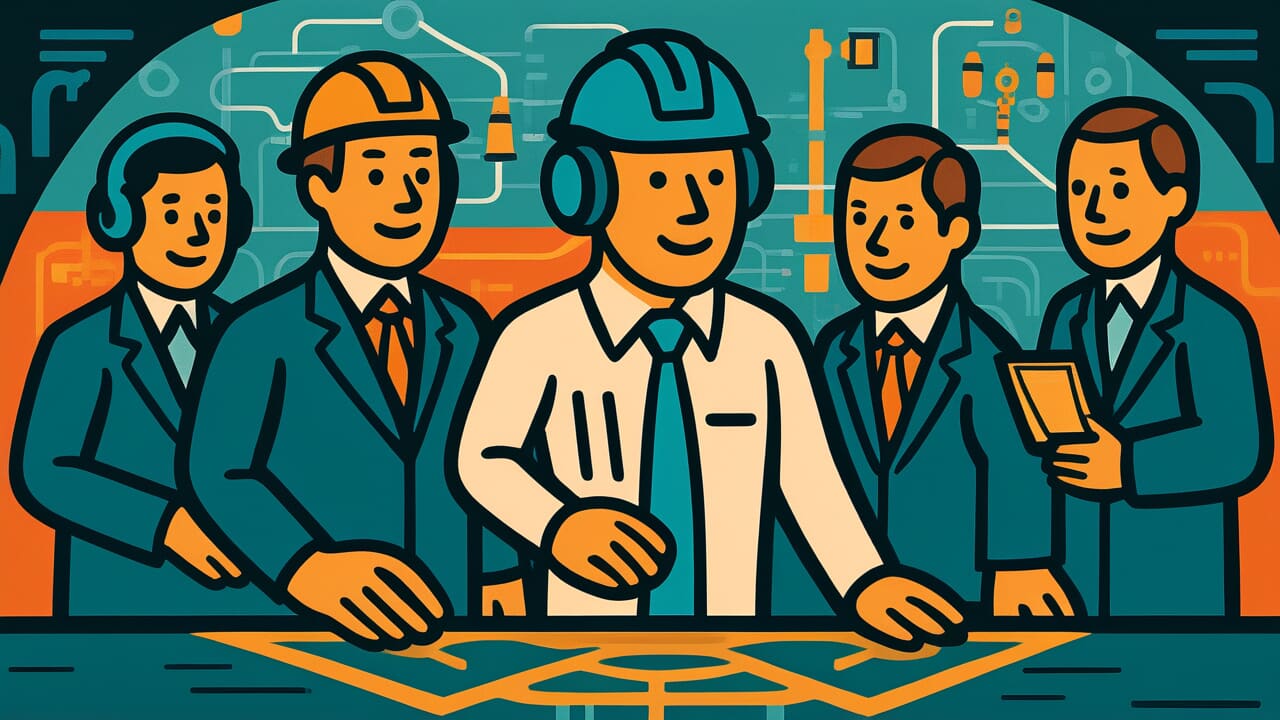[Disclaimer] This article is reconstructed based on information from external sources. Please verify the original source before referring to this content.
News Summary
The following content was published online. A translated summary is presented below. See the source for details.
Spotify Engineering has released groundbreaking research on scaling Transformer-based text-to-speech (TTS) models using knowledge distillation. Their latest approach significantly improves efficiency by reducing model size by over 50% and doubling inference speed, all while maintaining or enhancing speech quality. This advancement eliminates the need for classifier-free guidance during inference, making large Transformer TTS models more practical for real-world deployment. The research builds on recent developments in TTS, including open-source frameworks like ESPnet-TTS and BASE TTS that leverage billion-parameter models for high-quality, multilingual speech synthesis. Industry-wide, Transformer-based TTS models are now being integrated into cloud services, on-device applications, and AI voice APIs, offering ultra-realistic, customizable voices with real-time generation capabilities across multiple languages. These advancements are pushing the boundaries of natural, expressive, and scalable speech synthesis, making it accessible for diverse applications from healthcare to automotive industries.
Source: Spotify Research Blog
Our Commentary
Background and Context

Transformer-based models have revolutionized the field of text-to-speech (TTS) synthesis, offering unprecedented quality and naturalness in generated speech. However, the computational demands of these large models have posed significant challenges for widespread deployment. Knowledge distillation, a technique for transferring knowledge from a large model to a smaller one, has emerged as a promising solution for scaling TTS models efficiently.
Expert Analysis
Spotify’s latest research represents a significant leap forward in making large-scale Transformer TTS models more practical for real-world applications. By leveraging knowledge distillation, they’ve addressed key bottlenecks in model size and inference speed without sacrificing quality. This approach aligns with broader industry trends towards more efficient, scalable AI models.
Key points:
- Model size reduction of over 50% while maintaining or improving speech quality
- Inference speed doubled, enhancing real-time capabilities
- Elimination of classifier-free guidance at inference, simplifying deployment
Additional Data and Fact Reinforcement
Recent advancements in Transformer-based TTS have led to significant improvements across the industry:
- Open-source frameworks like ESPnet-TTS and BASE TTS now support billion-parameter models for high-quality, multilingual synthesis
- Smaller models like Kokoro-82M (82 million parameters) achieve state-of-the-art results, balancing performance and efficiency
- Cloud services like Azure Neural TTS offer dynamic speaking style control and improved domain-specific accuracy with multi-billion parameter models
Related News
The advancements in Transformer-based TTS models are being applied across various industries, including healthcare for voice assistants and transcription services, customer service for virtual agents, and automotive for in-car voice commands. These developments are also driving improvements in accessibility technologies and multilingual communication tools.
Summary

Spotify’s research on scaling Transformer-based TTS models through knowledge distillation marks a significant milestone in making high-quality speech synthesis more accessible and efficient. As these technologies continue to evolve, we can expect to see even more natural, expressive, and versatile TTS applications across a wide range of industries and use cases.


